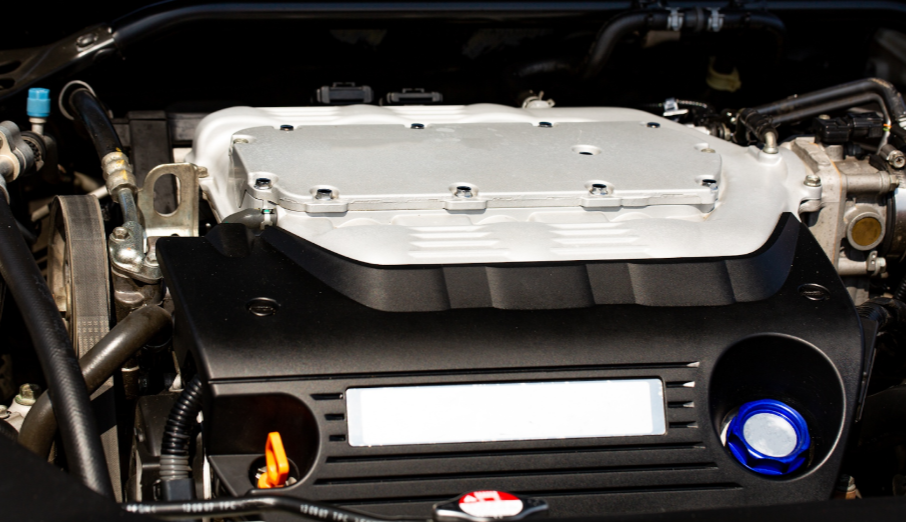The Importance of Regular Maintenance for Your Vehicle’s AC Compressor
Your vehicle’s air conditioning system is one of those “invisible” luxuries that you may take for granted—until it stops working. At the core of this system lies the AC compressor, a vital component responsible for circulating refrigerant and keeping your car’s cabin cool and comfortable. Like any mechanical part, the automotive Air Conditioning compressor requires regular maintenance to function efficiently and last longer. Neglecting this maintenance can lead to costly repairs or even full compressor replacement.
In this article, we’ll explore why maintaining your vehicle’s AC compressor is crucial and highlight key maintenance practices such as refrigerant checks, belt inspections, and system flushes that keep your compressor running smoothly.
Understanding the Role of the AC Compressor
Before diving into maintenance, it’s helpful to understand what the AC compressor does. Think of it as the heart of your car’s air conditioning system. The compressor’s job is to compress the refrigerant gas and pump it through the system. This process enables the refrigerant to absorb heat from inside the vehicle and release it outside, cooling the air before it blows through your vents.
Because the compressor operates under high pressure and extreme temperatures, it undergoes considerable stress. Over time, without proper care, this stress can cause wear and damage, reducing the system’s efficiency or causing breakdowns.
Why Regular Maintenance Matters
1. Extends Compressor Lifespan
A well-maintained AC compressor can last many years, but neglect can significantly shorten its life. Components like seals and bearings inside the compressor can deteriorate if the system runs low on refrigerant or the oil inside becomes contaminated. Regular maintenance helps ensure these components stay lubricated and protected, preventing premature failure.
2. Prevents Costly Repairs
Replacing an AC compressor is expensive—often costing several hundred dollars for parts and labor. By performing regular maintenance, you can catch small problems before they escalate into major issues. Simple fixes like topping off refrigerant or replacing a worn belt are far more affordable than a full compressor replacement.
3. Maintains Peak Cooling Performance
If your AC compressor isn’t maintained, the system’s cooling ability can decline. This means your car won’t cool as effectively, leading to discomfort during hot weather. Proper maintenance ensures the compressor is operating efficiently and your vehicle’s AC delivers the cold air you expect.
Essential Maintenance Practices for Your Vehicle’s AC Compressor
1. Regular Refrigerant Checks and Recharging
The refrigerant is the lifeblood of your AC system. It needs to be at the right level and free of contaminants for the compressor to work properly. Over time, refrigerant can leak out due to worn seals or damage in the system. Low refrigerant levels cause the compressor to work harder, increasing wear and the risk of overheating.
Maintenance Tip: Have a certified technician check your refrigerant levels annually or if you notice reduced cooling performance. If levels are low, a recharge is necessary. Be cautious—simply topping off without repairing leaks won’t solve the underlying issue.
2. Inspect and Replace the Compressor Drive Belt
The compressor relies on a drive belt connected to the engine to function. This belt transfers engine power to the compressor, enabling it to circulate refrigerant. Over time, the belt can wear out, crack, or become loose. A failing belt leads to compressor slippage or complete failure to engage, resulting in loss of AC function.
Maintenance Tip: Inspect the compressor belt regularly for signs of wear or damage. Most vehicle manufacturers recommend checking the belt during routine oil changes or every 12,000 miles. Replace the belt as needed to avoid sudden breakdowns.
3. System Flushes and Oil Replacement
The AC compressor contains oil that lubricates its moving parts. Over time, moisture and contaminants can enter the system, degrading the oil and causing corrosion or blockages. Flushing the AC system removes old oil, debris, and contaminants, helping to maintain clean refrigerant flow and prolong compressor life.
Maintenance Tip: During major repairs or after compressor replacement, have the AC system flushed and fresh oil added. This practice keeps the compressor running smoothly and prevents internal damage.
4. Check and Replace the AC Compressor Clutch
The compressor clutch engages and disengages the compressor based on the cooling demand. If the clutch fails, the compressor won’t operate even if the rest of the system is fine. Signs of clutch issues include strange noises or the AC not turning on.
Maintenance Tip: Have the clutch inspected during regular AC system checks. Replacing a worn clutch early can save the compressor from overworking or overheating.
5. Keep the Condenser and Cooling Fans Clean
Though not part of the compressor itself, the condenser and cooling fans directly impact compressor efficiency. If the condenser is clogged with dirt or debris, it can’t dissipate heat effectively. This forces the compressor to work harder, increasing wear.
Maintenance Tip: Regularly clean the condenser fins and ensure cooling fans operate properly, especially before summer months. This simple step helps reduce compressor strain.
Signs Your AC Compressor Needs Maintenance
- Warm air blowing from vents despite AC being on
- Unusual noises like grinding or squealing when AC is engaged
- Intermittent cooling or compressor cycling on and off frequently
- Visible refrigerant leaks or oily spots around compressor area
If you notice these symptoms, schedule a professional inspection promptly to avoid further damage.
See Also: How Startups Use Tech to Disrupt Industries
Conclusion
Your vehicle’s AC compressor plays a critical role in delivering comfort on hot days, but it also requires regular maintenance to perform reliably. Routine practices like refrigerant checks, belt inspections, system flushes, and clutch maintenance can extend the compressor’s life, prevent costly repairs, and keep your AC system operating at peak efficiency.
Don’t wait for your air conditioning to fail before giving attention to your compressor. Proactive care will keep you cool and comfortable, and protect your investment in your vehicle’s HVAC system.






